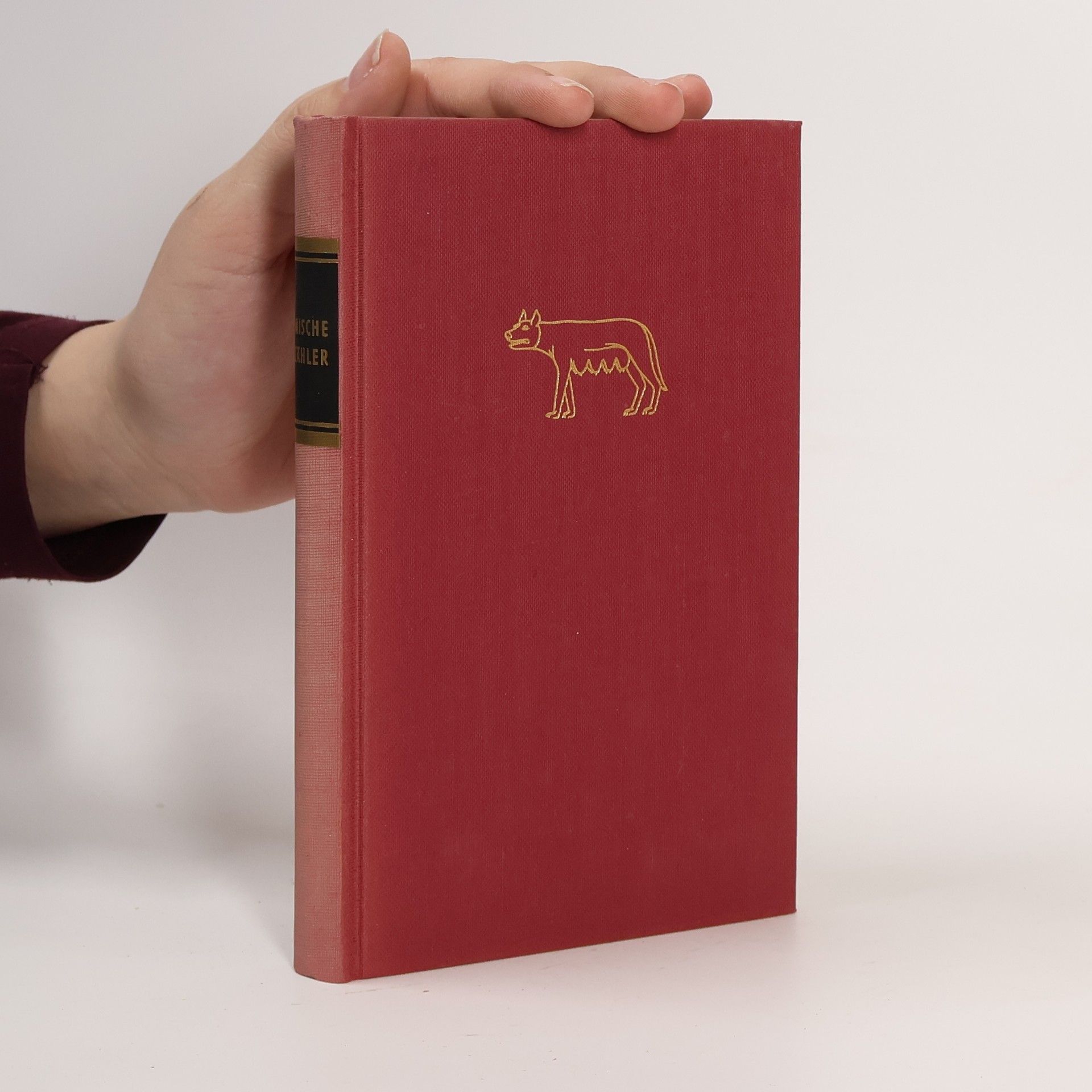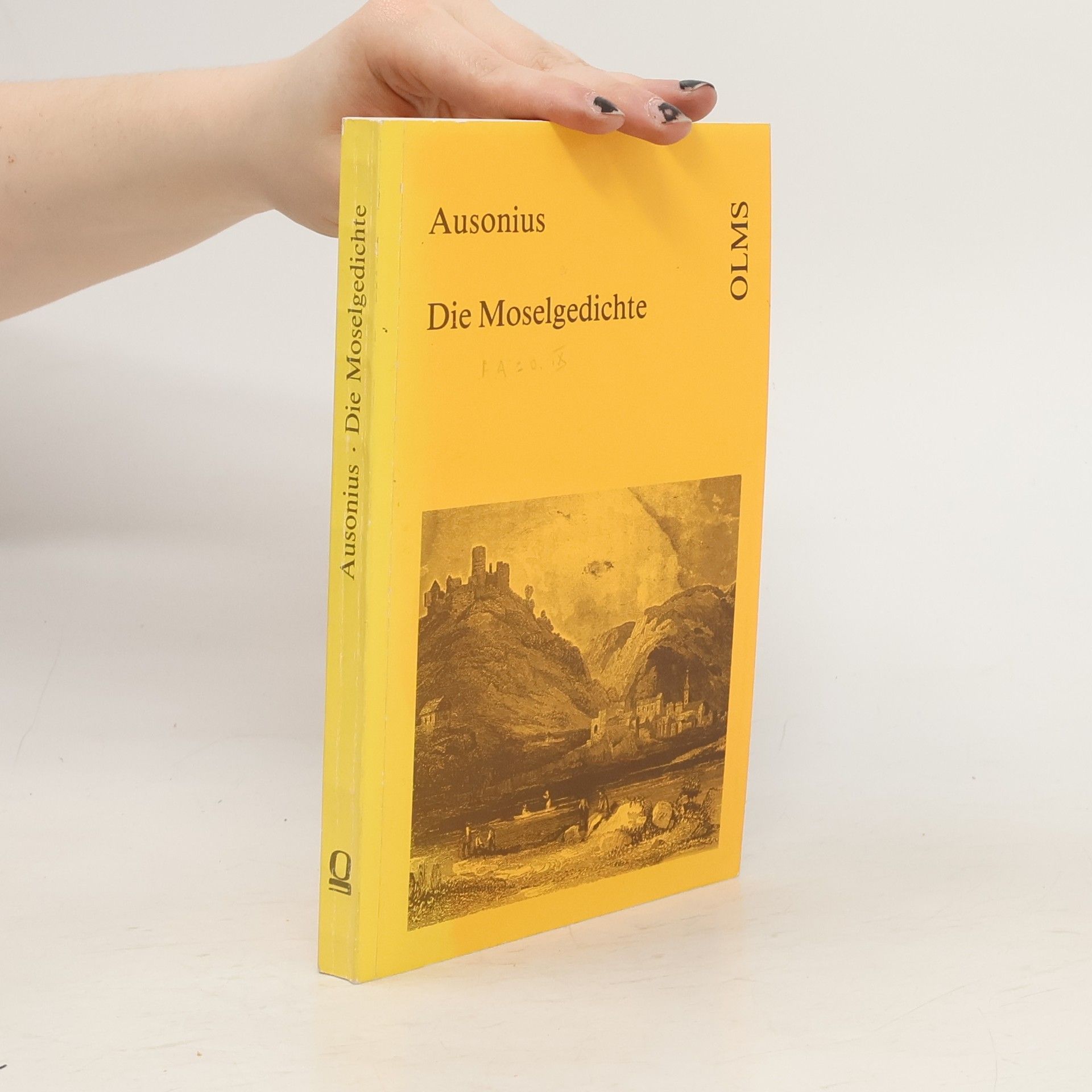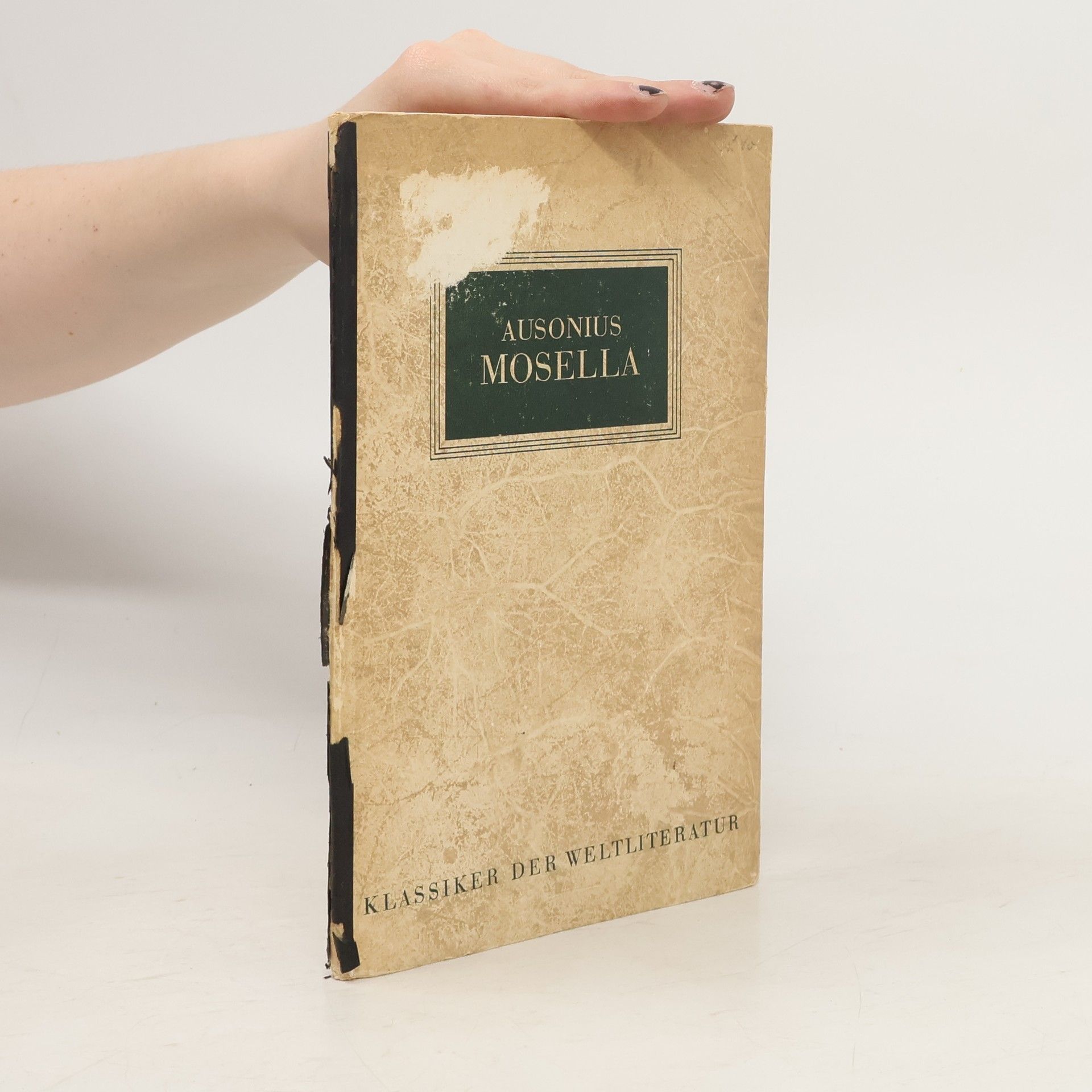Decimus Magnus Ausonius je nejvýraznějším „světským“ latinským básníkem pozdní antiky. „Světský“ neznamená „nekřesťanský“, protože křesťanem byl, nýbrž hluboce nasycený kulturou řeckých mýtů a římských dějin, pěstující „literaturu pro literaturu“. Postmoderna znovuobjevila Ausonia coby příklad intertextuality a literárního experimentu. Výbor zahrnuje asi polovinu Ausoniova díla tak, aby obsáhl všechny polohy: něžně milostné, lyricky krajinopisné, uctivě vzpomínkově elegické, křesťansky zbožné i politicky devótní. Dominují však polohy humorné a hravé: frašky, hříčky mytologické, intelektuální a jazykové, groteskně obscénní či pornografické. Bilingvní vydání s úvodní studií připravil Martin C. Putna, výbor obsahuje i překlady Karla Šiktance, Martina Bažila a Rudolfa Neuhöfera.
Decimus Magnus Ausonius Libros






This excerpt reflects on the author's journey of translating and explaining the praises of the Mosel River by Ausonius, a task completed nearly twenty years ago. The work was initially a small gift to a beloved father, now cherished by readers as a token of affection. The author has made numerous improvements to the translation, enhancing its readability and accuracy while refining the accompanying notes essential for understanding the poetic art. The text also introduces the works of Venantius Fortunatus, particularly three poems related to the Mosel, which are presented for the first time. Although the verses may not hold intrinsic value, they celebrate themes of worthiness that brought joy to the author's parents. The author acknowledges a delay in presenting these poems to his parents, having only discovered their significance too late. The collection includes various enhancements, although some aspects may have been better had the author not been engaged in another significant project during its preparation. The publisher, Forgotten Books, aims to preserve historical works through advanced technology, ensuring that original formats are maintained while addressing imperfections found in aged copies.